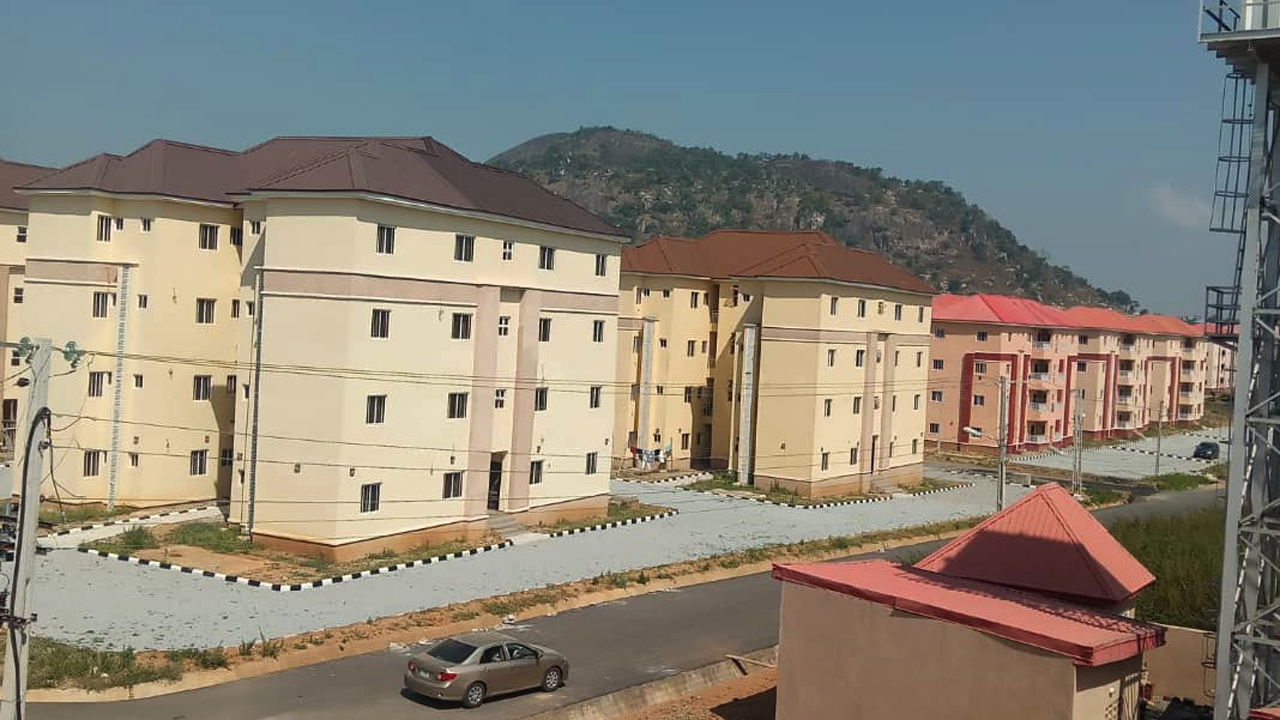
With an urgent need for sustainable, safe, and efficient solutions, private developers are calling for the introduction of robots in the construction of affordable houses.
The property developers, who spoke at Africa International Housing Show in Abuja, sought new strategies for production and framework to develop digital systems for Additive Manufacturing (AM) in building construction.
Dr. Julius Faremi observed that with over 17 million units’ deficit, the nation’s housing shortage is one of the most acute globally, with poor materials, structural defects, shortage of skilled workforce at stages of the building production process.
According to Faremi, “There is a need to achieve the construction of safe, sustainable and economically viable buildings, while attempting to bridge the housing gap in the country. Technology like manufacturing and robotics has positively impacted health.”
Speaking on “Alternative Building Materials,” Prof. John Ameh, explained that building involves considerations for material selections, process and elemental choice towards energy use and efficiency attainments.
Ameh noted that building materials contribute between 50-65 per cent of building construction cost, while conventional one today are bricks, concrete, steel and timber with negative characteristics that necessitated alternative materials.
A professor at the Dept of Construction Economics & Management, University of Cape Town, Prof. Abimbola Windapo stated, “In existing research, energy consumption in buildings worldwide accounts for as much as 45 per cent of primary energy resources, making building the biggest single contribution of total energy consumption.
Windapo also agreed that the global contribution of buildings towards energy consumption, both residential and commercial, have steadily reached figures between 20 and 40 per cent in developing countries, like Nigeria.
He declared: “Bioclimatic architecture is a way of designing buildings based on the local climate, with the aim of ensuring comfort using environmental resources to blend into their natural surroundings.
“To do this, it is essential to avoid using polluting materials, ensure the wellbeing of biodiversity and make efficient use of energy, building materials, water and other resources. All you need to do is look at the shapes of roofs and sizes of windows in different countries and regions.”
A lecturer at the Department of Estate management, University of Lagos, Dr. Basirat Oyalowo, who spoke on “Understanding End-User Driven Financing,” emphasised the need for land acquisition by exploring the state of the market and home improvement financing in urban areas, adding, home improvement financing is essential throughout the lifecycle of a property.
She maintained that housing goes beyond new build and upgrades of existing stocks, adding that the informal sector should be organised in their ability to form associations via their contributory and credit profiles.
Oyalowo, therefore, cited models for land provision such as densification and resizing of plots, especially in low density areas; development that boost inclusivity, revitalisation of abandoned properties, urban regeneration, land readjustment and swap.






